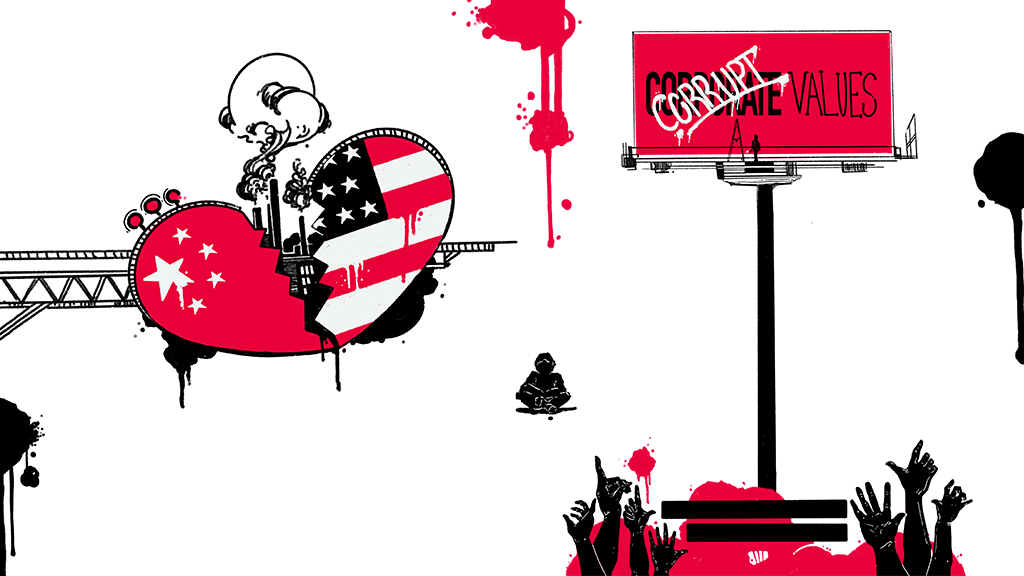When my step-dad was in college, he and his friends would find themselves at Denny’s late at night discussing complex, controversial topics. Discussions about abortion, the death penalty and assisted suicide would become heated as they each defended their opinion.
At the peak of the debate, one of them would yell out, “SWITCH!” At this point, they had to argue the other person’s perspective. While someone might have felt strongly against the issue, they had to consider why their friend believed the opposite.
So often we become completely caught up in our own way of thinking, we deem ourselves “right” and ignore those who think differently. We find ourselves living in social media echo chambers, only surrounding ourselves with the posts and people we agree with.
Rarely do we remember that the way we view the world is subjective, determined by our personal backgrounds, cultures, religions, family and experiences. We all have our reasons for feeling the way we do.
It’s easy to generalize people by who or what they support, but our perceptions might not be the reality. Just as not all polarizing issues are truly black and white, neither are the reasons behind people’s beliefs.
Rather than refusing to interact with those who think differently from you, play the “switch” game. Ask them the reasons behind their beliefs. Resist the urge to cut them off, proclaim that they are wrong or shut them out just because you don’t like the way they think. The point of these conversations is not to persuade others to think the way you do or change their opinions — rather, it’s to come to a fuller understanding of the person, their reasoning and the topic itself.
Despite our best efforts to understand each other, sometimes these conversations don’t end how we might anticipate. It’s okay to disengage from or avoid them if you feel like the end result might be damaging to your physical or mental health. What matters is the reasonable effort made to come to a mutual understanding.
We need to try giving others a chance even if we disagree with them. We need to create healthy spaces for challenging discussions. Regardless of our opinions, we are all fighting for the same thing — to be heard and understood.







